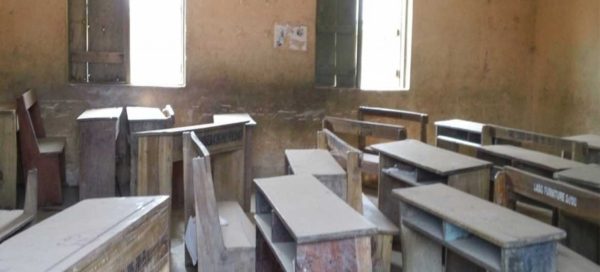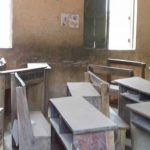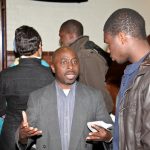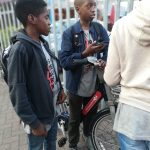Short Brief
Help us change lives through Education by building Schools and transforming communities. TGSF works with government and community . It may be an understatement to say that 2020 was not a good year for students and teachers in Nigeria. Schools were closed for an extended period and education was negatively impacted as a result of […]
Help us change lives through Education by building Schools and transforming communities. TGSF works with government and community .
It may be an understatement to say that 2020 was not a good year for students and teachers in Nigeria. Schools were closed for an extended period and education was negatively impacted as a result of the COVID-19 pandemic.
A year ago, online learning was not popular amongst educators and students, and many didn’t believe that it was possible to learn properly in a virtual class. But with the pandemic still raging, virtual classes have become commonplace and will remain so for a long time. Having taught in the classroom for more than 10 years, a Home Economics Teacher at Comprehensive Senior High School, has had to adjust her method of teaching.
“I now augment physical teaching with online classes to cover my curriculum. But I have less interaction with my students and I feel underutilized,” she said.
With cases now skyrocketing throughout the country, there is talk of closing schools again. But there are still challenges associated with online learning in Nigeria, where millions still have no access to the internet. Some students have had to drop out of the classes because their parents couldn’t afford internet data, while others have had to stop because they did not have the right phones.
“It’s very disheartening to see young promising girls and boys who after being pulled out of school end up as prostitutes or ‘yahoo boys’ or even touts on the streets,” she says. “It hurts me because I attended a public school and I turned out fine. I want children to know that they can attend public schools or grow up in rural areas and still make something good of their lives.”
The curricula aim to equip learners with knowledge about human rights and critical thinking, to nurture a sense of solidarity and respect for differences and diversity, and to enable them to act responsibly for a more peaceful and sustainable world:



